

Meeting someone on the road – a friend, a neighbour, a colleague – the questions often arise:
“Where are you coming from? Where are you going?”
The place a person has left from, and the place where he/she is going to.
The point of departure and the planned destination…
It seems obvious that being on the road implies this. 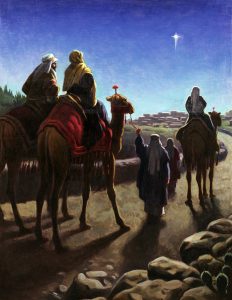
The gospel text of today leads us to meet some people who are precisely on the road (Matthew 2:1-12).
Magi – wise men coming from the East, we are told.
And they are going to a place they are not too sure about… some mysterious destination.
At one point on the way, they will stop to ask more about it saying:
“Where is the infant king of the Jews?”
This question would not be asked nowadays.
But THE question that should be asked is…
Where do I come from and… where am I going… in life?!
We may not be able to change anything to where we have been so far,
but we, definitely, can do something about where we are moving to…
A destination… some people call it ‘a goal’ which they pursue with all the energy they can muster.
Something they have fixed for themselves to reach, no matter the cost.
A few would say: “Something worth living for, something worth dying for…”
At the beginning of a new year, it is good to ask: ‘Do I have such a purpose in life?’
What if this were not a place but… a Person?…
No longer “The infant king of the Jews”, but the one who has revealed himself as “God-with-us”.
Because this is the one who is, not only our destination, but our faithful companion on the road…
The Magi could not yet know him as such, but we do!
Or… do we?…
Note: Another text is available on a different theme, in French at: https://image-i-nations.com/fete-de-lepiphanie-annee-a-2023/
Source: Images: Unsplash Blendspace

 Every year on January 4th, World Braille Day reminds us of the importance of accessibility and independence for those who are blind or visually impaired.
Every year on January 4th, World Braille Day reminds us of the importance of accessibility and independence for those who are blind or visually impaired.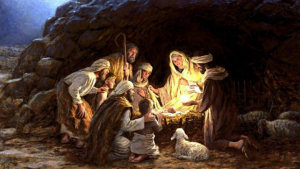
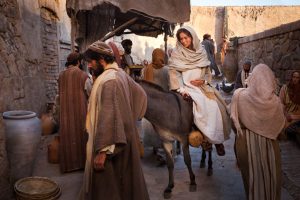
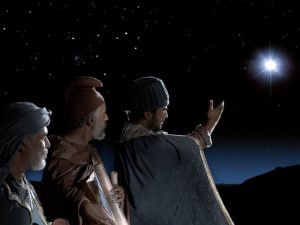
 Through all this, one aspect strikes me as very interesting.
Through all this, one aspect strikes me as very interesting. The gospel texts of Luke and Matthew bear witness to this very clearly.
The gospel texts of Luke and Matthew bear witness to this very clearly.
 This is the case, this Sunday, with the words of the prophet Isaiah telling us (Isaiah 35:1-6,10):
This is the case, this Sunday, with the words of the prophet Isaiah telling us (Isaiah 35:1-6,10):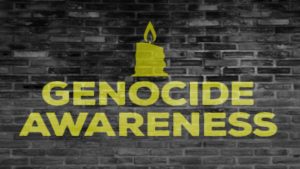 By its
By its  While conflict has many causes, genocidal conflict is identity-based. Genocide and related atrocities tend to occur in societies with diverse national, racial, ethnic or religious groups that are locked in identity-related conflicts. It is not simply differences in identity, whether real or perceived, that generate conflict, but the implication of those differences in terms of access to power and wealth, services and resources, employment, development opportunities, citizenship and the enjoyment of fundamental rights and freedoms. These conflicts are fomented by discrimination, hate speech inciting violence and other violations of human rights.
While conflict has many causes, genocidal conflict is identity-based. Genocide and related atrocities tend to occur in societies with diverse national, racial, ethnic or religious groups that are locked in identity-related conflicts. It is not simply differences in identity, whether real or perceived, that generate conflict, but the implication of those differences in terms of access to power and wealth, services and resources, employment, development opportunities, citizenship and the enjoyment of fundamental rights and freedoms. These conflicts are fomented by discrimination, hate speech inciting violence and other violations of human rights.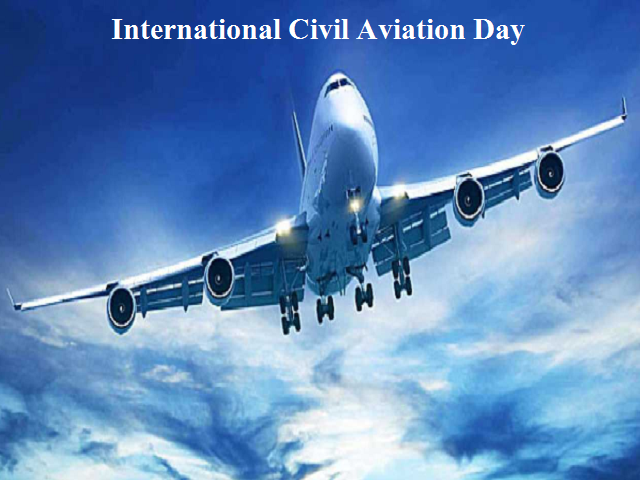
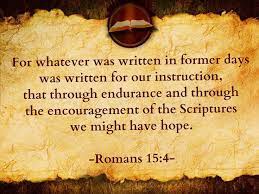 In today’s 2nd reading, the apostle Paul, writing to the first Christians of Rome (Romans 15:4-9), speaks of:
In today’s 2nd reading, the apostle Paul, writing to the first Christians of Rome (Romans 15:4-9), speaks of: